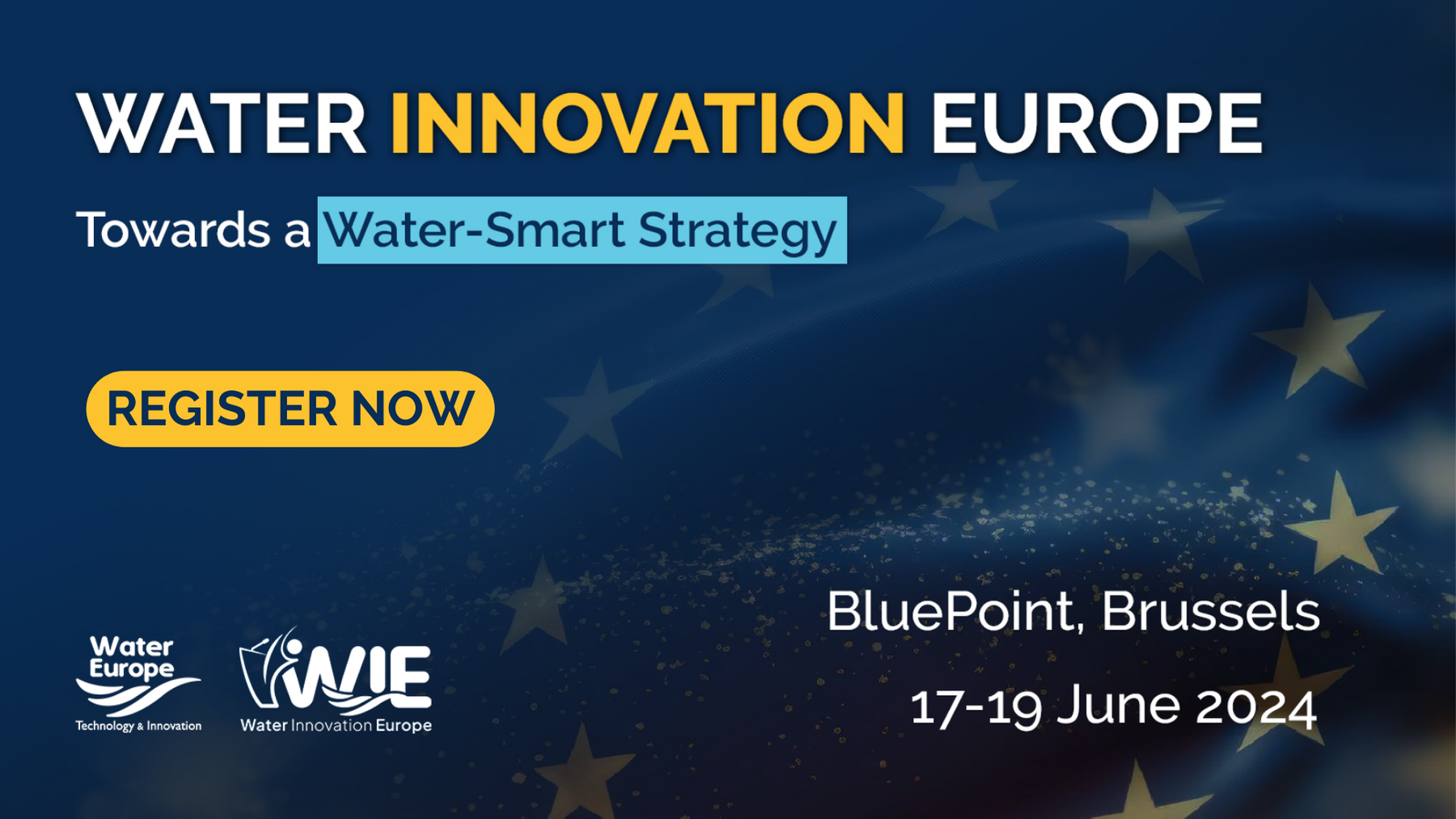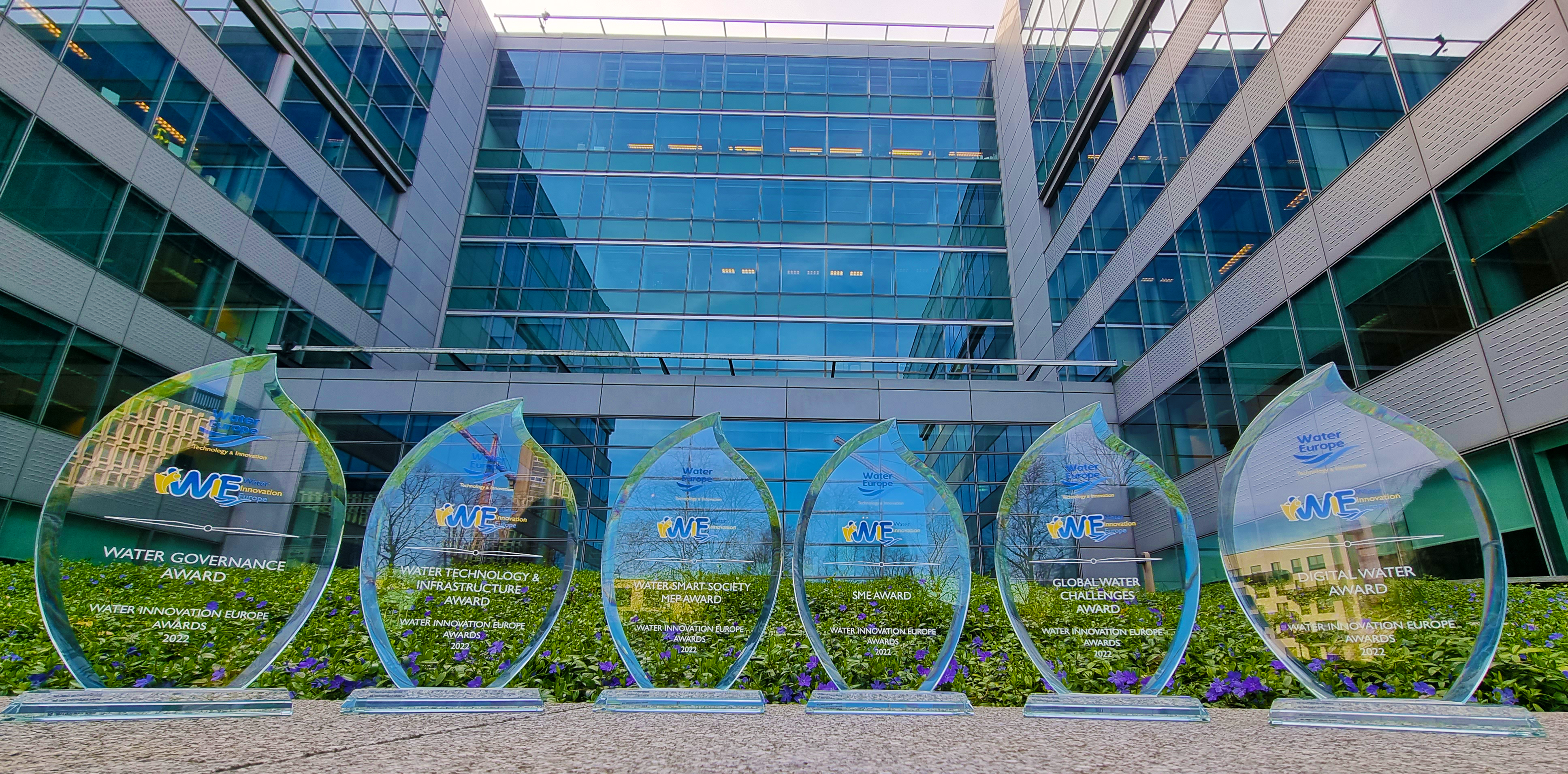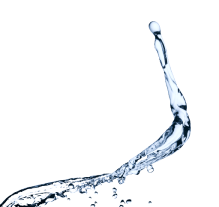In light of a widening gap between water supply and demand, we cannot continue to use water the way we use it today. Climate change will increase both shortage and demand of water, which is why we risk overconsuming this precious resource.
With households representing 10% of the water consumption in Europe, we must act on their demand[1]. To improve domestic water efficiency, we need to enable pragmatic solutions and kick start structural changes by focussing policymaking on this widely untapped potential. An exchange of highly consumptive taps and showers with water-saving technologies can reduce water consumption in households by 25% alone, without compromising comfort or requiring high investments.
While technological solutions are readily available, the bottleneck lies in awareness and incentives to unlock the full potential of water efficiency. Consumers awareness of water consumption and potential efficiency gains must be strengthened by anchoring domestic water efficiency in water, building and consumer policies across Europe. Recognising the contribution of water efficiency in homes as a major contributor to the sustainability of buildings would also enable to promote the issue to all actors in the construction sector.
Truly achieving our goal of a water-efficient building stock requires a more structural approach. Only 10% of water in households is used for drinking and eating[2]. Against the background of the climate crisis fuelling already existing seasonal and regional water stress in Europe, we must ask ourselves whether we really need to flush our toilets, water our gardens or even shower with the highest quality of drinking water. This realization opens the door to a more efficient utilisation of the remaining 90% through innovative water reuse technologies. We need to reassess which type and quality of water is required for which purpose in a domestic environment to ensure water (re-)use in our homes.
Policy makers are able to act now and create incentives for planning buildings that are adaptable to the challenges posed by climate change, and water scarcity. Building and consumer policies must take into account installations for water reuse. Water efficiency in households must be addressed by a transversal approach and strong political support. An EU Blue Deal would undoubtedly mark a significant stride in the right direction.
[1] Water resources across Europe — confronting water stress: an updated assessment — European Environment Agency (europa.eu) (p.58) Data from 2017
[2] Statistics for Germany: 4% for drinking, eating and cooking + 6% for washing dishes Wassernutzung privater Haushalte | Umweltbundesamt




